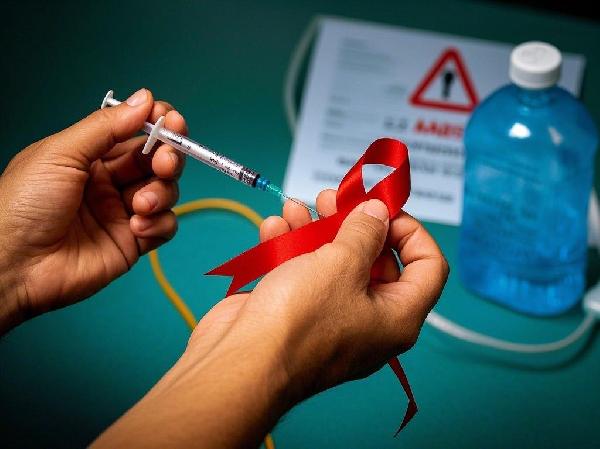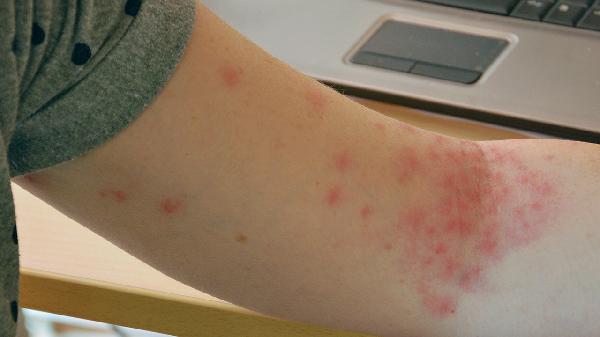The harm of tertiary syphilis is significant, damaging oneself, one's body, and one's heart, and it also endangers the health of family members. Therefore, it is crucial to prevent syphilis infection early, and even if one contracts syphilis, treatment should be sought as soon as possible to prevent it from developing into tertiary syphilis. Before preventing tertiary syphilis, it is important to understand the transmission routes of syphilis, which can help in taking better preventive measures.
Transmission routes of syphilis:
1. Kissing or skin contact with a syphilis patient can lead to infection. There are also other ways of transmission, such as contact with contaminated clothes, bedding, or utensils used by a syphilis patient.
2. Placental transmission: Untreated pregnant women with syphilis can transmit the disease to the fetus through the placenta, which is detrimental to both the mother and the fetus.
3. Sexual contact transmission: Approximately 96% of syphilis patients contract the disease through sexual contact. Experts say that syphilis patients are most contagious in the first year. Additionally, syphilis can also be transmitted through blood transfusion.
Methods to prevent tertiary syphilis:
1. Structural variation and drug resistance of the syphilis spirochete. Each pathogenic microorganism has the ability to mutate, and the spirochete is no exception. Mutated spirochetes are like upgraded computer operating systems, with more complete functions, increased toxicity, and are more difficult to treat. At the same time, the misuse of clinical antibiotics has accelerated the development of drug resistance in spirochetes, making traditional treatments challenging.
2. Increased harm and rising disability and mortality rates. With the increased toxicity of the mutated spirochete, damage to body organs becomes more severe. Moreover, the rapid progression of the disease post-mutation, coupled with the poor efficacy of traditional treatments, leads to higher rates of disability and mortality due to syphilis. Untreated syphilis can result in organ failure and even threaten life.
3. Invasion of the central nervous system by the syphilis spirochete, which can cause tabes dorsalis, general paresis, optic atrophy, etc.
4. Damage to the cardiovascular system by the spirochete, leading to conditions like aortitis, aortic valve insufficiency, aortic aneurysm, etc.
5. Damage to the skeletal system by the spirochete, causing destruction of tissues and organs, loss of function, leading to disability or death.
How to prevent tertiary syphilis? Besides the methods above, the best approach is to nip it in the bud during the early stages of the disease.
























